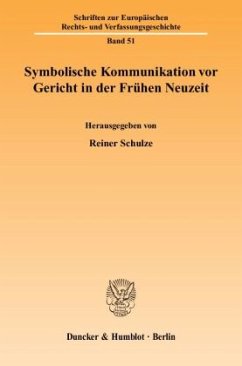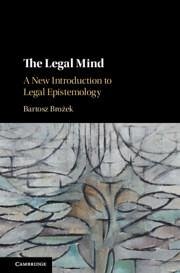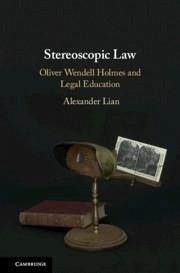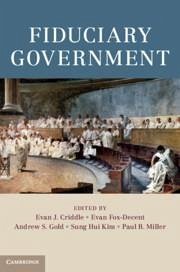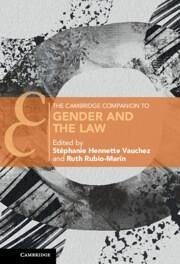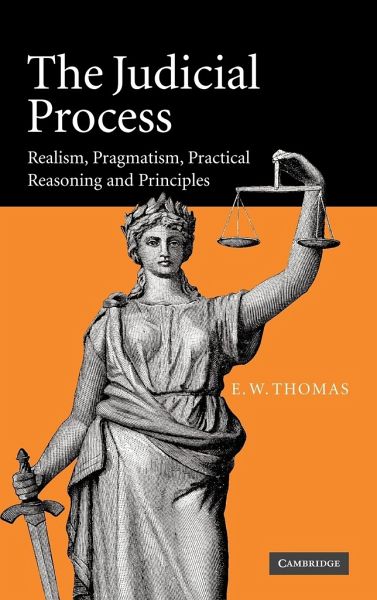
The Judicial Process
Realism, Pragmatism, Practical Reasoning and Principles

PAYBACK Punkte
61 °P sammeln!
In the absence of a sound conception of the judicial role, judges at present can be said to be 'muddling along'. They disown the declaratory theory of law but continue to behave and think as if it had not been discredited. Much judicial reasoning still exhibits an unquestioning acceptance of positivism and a 'rulish' predisposition. Formalistic thinking continues to exert a perverse influence on the legal process. This 2005 book dismantles these outdated theories and seeks to bridge the gap between legal theory and judicial practice. The author propounds a coherent and comprehensive judicial m...
In the absence of a sound conception of the judicial role, judges at present can be said to be 'muddling along'. They disown the declaratory theory of law but continue to behave and think as if it had not been discredited. Much judicial reasoning still exhibits an unquestioning acceptance of positivism and a 'rulish' predisposition. Formalistic thinking continues to exert a perverse influence on the legal process. This 2005 book dismantles these outdated theories and seeks to bridge the gap between legal theory and judicial practice. The author propounds a coherent and comprehensive judicial methodology for modern times. Founded on the truism that the law exists to serve society, and adopting the twin criteria of justice and contemporaneity with the times, a judicial methodology is developed which is realistic and pragmatic and which embraces a revised conception of practical reasoning, including in that conception a critical role for legal principles.






